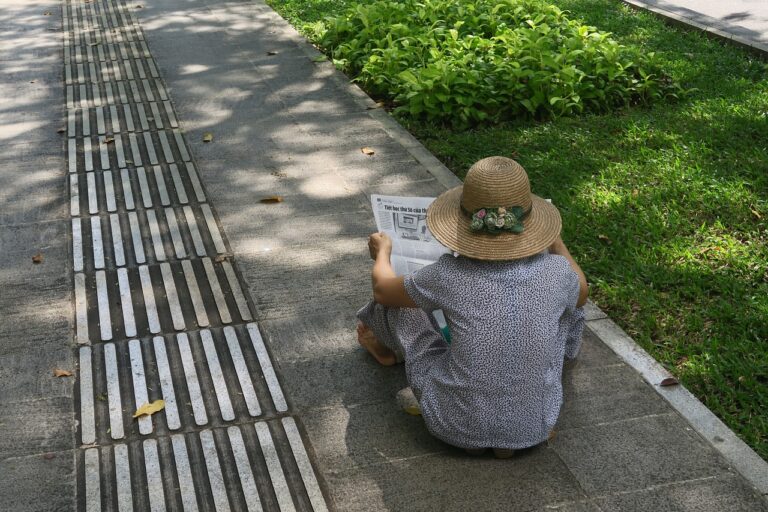The Future of Montessori Education: Trends and Innovations: Cricbet99com, Sky11. Live login, Cricbet99 reddy anna
cricbet99com, sky11. live login, cricbet99 reddy anna: Montessori education has been around for over a century, and it continues to evolve and adapt to meet the changing needs of our modern world. As we look towards the future of Montessori education, several exciting trends and innovations are shaping the way children learn and grow in these environments.
1. Personalized Learning
One of the key trends in Montessori education is a focus on personalized learning. Traditional education systems often take a one-size-fits-all approach to teaching, which can leave some students behind. Montessori schools, on the other hand, emphasize individualized learning plans tailored to each child’s unique strengths, interests, and learning styles.
2. Technology Integration
While Montessori education has traditionally been hands-on and focused on tactile materials, many schools are now incorporating technology into their classrooms. From interactive whiteboards to educational apps, technology can enhance the learning experience and provide new opportunities for exploration and discovery.
3. Environmental Sustainability
Montessori education has always placed a strong emphasis on environmental education and sustainability. As the world grapples with the effects of climate change, Montessori schools are leading the way in teaching children about the importance of caring for the planet and living in harmony with nature.
4. Social and Emotional Learning
In addition to academic subjects, Montessori education places a strong emphasis on social and emotional learning. Children are encouraged to develop empathy, communication skills, and conflict resolution strategies, helping them to become compassionate and socially responsible adults.
5. Global Citizenship
Montessori schools are increasingly focusing on preparing children to be global citizens. Through a multicultural curriculum, language immersion programs, and international partnerships, students learn about different cultures, traditions, and perspectives, fostering a sense of interconnectedness and empathy towards others around the world.
6. Wellness and Mindfulness
As mental health becomes an increasingly important issue for children and adolescents, Montessori schools are incorporating wellness and mindfulness practices into their curriculum. From yoga and meditation to stress management techniques, students learn how to take care of their physical and mental well-being.
FAQs
Q: Is Montessori education only for young children?
A: While Montessori education is most commonly associated with preschool and elementary school-aged children, there are Montessori programs available for students of all ages, including adolescents and even adults.
Q: Do Montessori schools have set class schedules and grades?
A: Montessori schools typically have more flexible schedules and may not use traditional grading systems. Instead, students progress at their own pace and are evaluated based on their mastery of skills and concepts.
Q: Are Montessori schools only for wealthy families?
A: While some Montessori schools can be expensive, there are also public and nonprofit Montessori programs that are more affordable and accessible to families of all income levels.
In conclusion, the future of Montessori education is bright, with exciting trends and innovations that are shaping the way children learn and grow. By embracing personalized learning, technology integration, environmental sustainability, social and emotional learning, global citizenship, and wellness and mindfulness, Montessori schools are preparing students to thrive in a rapidly changing world.







